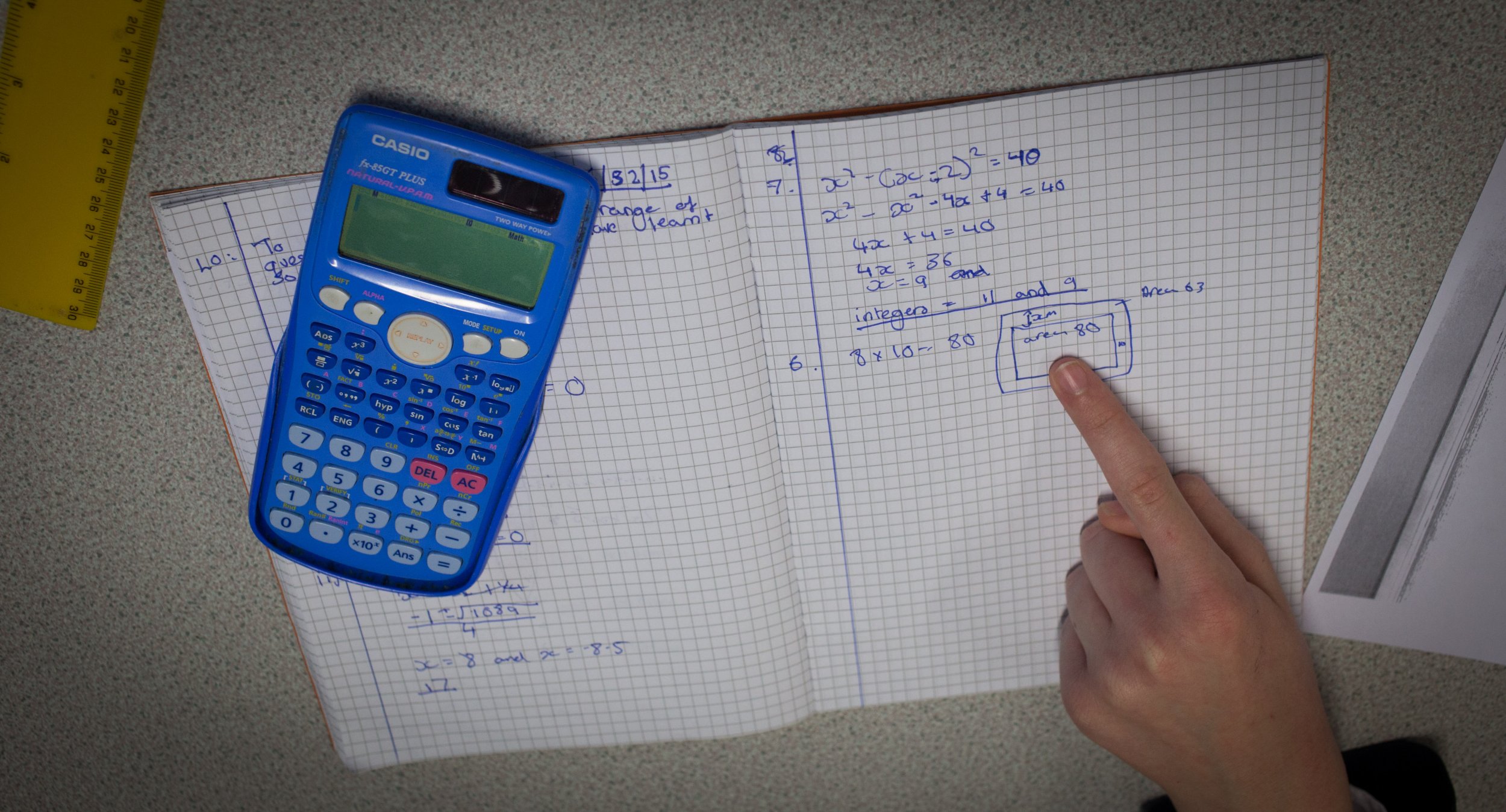
New research found that infants have better math skills than previously suspected. From the age of six months, babies can calculate probability and estimate risk.
Research from the Max Planck Institute for Human Cognitive and Brain Sciences in Germany and Uppsala University in Sweden showed 75 babies ages six months, 12 months and 18 months animated clips that presented probability situations. They tracked the babies' eye movements to estimate what their choice preference was.
The clips showed a basket filled with balls. The basket ejected balls from two chutes, one for blue balls and one for yellow balls. For one experiment, the odds were 625 times higher that the machine would eject a yellow ball than a blue ball. That meant that the basket was far more likely to be filled with blue balls rather than yellow balls. Other times, the odds were uneven but not quite so drastic. The researchers were particularly interested in the unlikely events: a chute ejecting blue balls or a basket filled with yellow balls.
Eye tracking revealed that the babies paid more attention to the unlikely option, a clear indication that they understood this probability. "We noticed that the infants stared longer at the unlikely option independently from the tested age group to which they belonged—presumably because they were surprised that it was just made up of the rare yellow balls and that it was therefore a very improbable event," explained lead study researcher Ezgi Kayhan, neuroscientist at MPI CBS, in a statement.
Related: Ancient science: Mysterious Babylonian tablet could hold mathematical secrets for today's researchers
To ensure the babies actually did understand probability and were not just attracted to some colors over others, the experiment was repeated with different colored balls. Still the same results occurred with the babies' looking preference directly linked to the ratio of colored balls.
Related: Mathematician Maryam Mirzakhani, first women to win Fields Medal, dies at age 40
The study provides several insights about the brains of babies, the first being that infants do indeed understand probability, and this key mathematical understanding probably begins somewhere around six months. But their ability to estimate probability wasn't perfect; rather, it strongly depended on how dramatic the odds were. When the machine was 625 times more likely to shoot out blue balls, the babies stared at the "unlikely" yellow-ball basket, but when this ratio was nine to one, the babies preferred to look at the "likely" blue-ball basket.
The study also adds to the growing amount of data that shows just how early on babies begin to develop their math skills. For example, a 2013 study went so far as to suggest we may even be born with some innate math skills and that it may never be too early to get your kid thinking about numbers.
Uncommon Knowledge
Newsweek is committed to challenging conventional wisdom and finding connections in the search for common ground.
Newsweek is committed to challenging conventional wisdom and finding connections in the search for common ground.
About the writer
To read how Newsweek uses AI as a newsroom tool, Click here.








